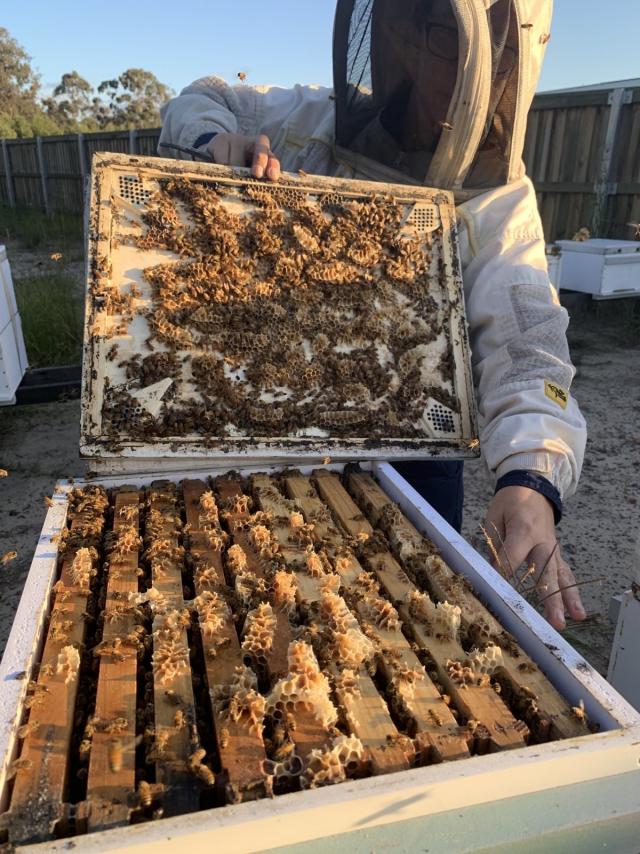
UPDATED restrictions are being put into place with the growth of the Varroa mite outbreak in the eastern states of Australia.
The movement of bees, hives and associated materials into South Australia from New South Wales has now been restricted ahead of the upcoming almond pollination season.
Department of Primary Industries (PIRSA) executive director of biosecurity Nathan Rhodes said the revised and coordinated movement restrictions with Victoria and Queensland have been implemented to assist the almond industry with their pollination while balancing the need to protect South Australia from the Varroa mite.
“Bee biosecurity is key to protecting the industry from pests and diseases and every beekeeper has a responsibility to look after their hives,“ Mr Rhodes said.
“All beekeepers, whether commercial apiarist or recreational keepers, are urged to check their hives and sample for Varroa mites, a reddish-brown parasite of the European honeybee around 1mm in diameter.“
Additional restrictions include the need to apply for a permit to move such equipment into South Australia, proof the bees have not been in NSW in the past 12 months except under approved transitioning arrangements, that they followed approved transit routes and transit safeguard arrangements and to test 10 per cent of their hives for Varroa mites prior to entering South Australia.
All restrictions have been put in place and have been effective since July 4.
PIRSA has also set up an Incident Management Team to stop the spread of Varroa mite into South Australia.
Written permission is also still required from the Chief Inspector of Stock to move items such as beeswax comb, apiary products and clothing (veils, footwear etc.) for anything which has seen presence in New South Wales since January 1, 2022.







